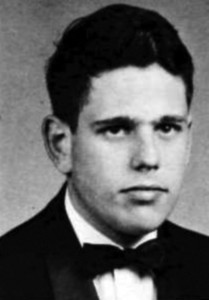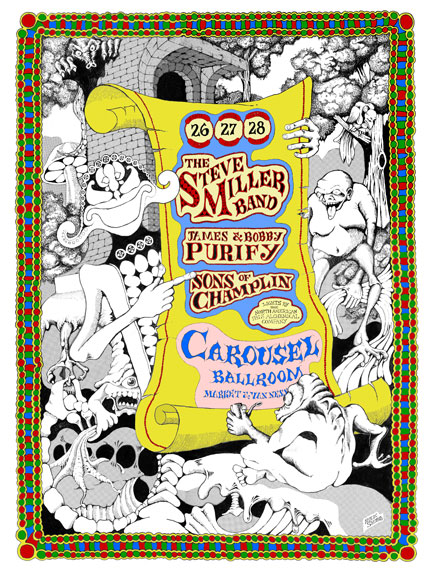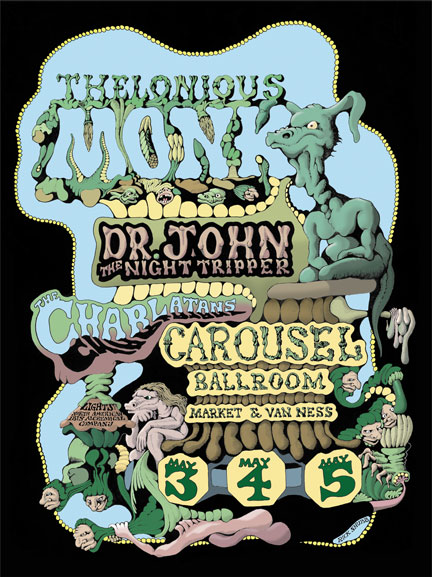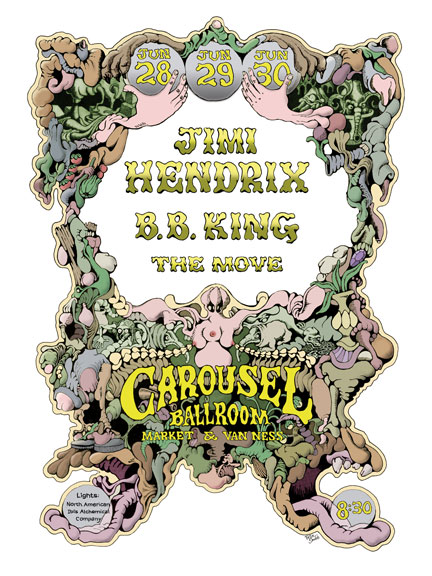Rick Shubb ’62

A few years ago, nearly fifty years after graduating from Tech, I received an email from the daughter of one of my high school teachers. Tom Whayne happened to be my very favorite teacher. He had spotted my name on a poster I had drawn, remembered it, and asked his daughter to track me down; to find out if I was, in fact, the same guy who was in his drama class in 1962.
I got a chance that very few of us ever get after so many years; to express my thanks to a mentor who shaped my life profoundly. This was my letter to Tom Whayne, which his daughter, Gloria, told me he received and deeply appreciated:
Mr. Whayne,
What an unexpected pleasure to be reunited with you after all these years, if only here in cyberspace. It gives me a chance to thank you.
Thanks for believing in me; it enabled me to believe in myself a few years later, when I started to put the pieces together.
Thanks for imparting the appeal of the performing arts; my comfort level on stage has served me well in my “secondary” career as a performing musician.
Thanks for showing me what a teacher can be. I’ve had occasion to do a lot of teaching myself, although not in a classroom: music lessons for many years, and more recently martial arts. I know what a profound influence a teacher can have, and I’ve always tried to be the kind of teacher who inspires with genuine enthusiasm for the subject and respect for the student. Like you.
And thanks for making an hour a day really enjoyable in my otherwise dreary high school experience.
Warmest regards from an old friend,
Rick Shubb
From his Wikipedia entry:
Rick is best known as the inventor of the Shubb Capo, a very popular guitar and banjo accessory. His 1978 patent is cited by Sterner’s Capo Museum as being one of the most significant improvements in the development of the capo. He also invented the lever-operated banjo fifth string capo, the compensated banjo bridge, and holds several other U.S. and international patents on musical instrument accessories and improvements.
He is also a noted and influential 5-string banjo player and teacher. He was among a handful of young West Coast musicians to discover and popularize bluegrass music, which was already well established in the Southeast. He graduated from Oakland Technical High School in 1962, and during the folk boom of the 60s he played in coffeehouses and taverns in Berkeley and San Francisco, playing with such musicians as Doc Watson, David Grisman, Jerry Garcia, and others. He later went on to develop a distinctive swing-influenced banjo style, which he performed and recorded during the 70s and 80s.
Rick Shubb also is known as a graphic artist. During the psychedelic era he drew posters for the Carousel Ballroom, one of San Francisco’s hip rock palaces. Three of his posters are included in The Art of Rock, the definitive work on rock posters. He was a featured artist in various underground comic books, including his own Brain Fantasy published by Last Gasp,[8] and his popular poster Humbead’s Map of the World was regarded as an integral part of the folk-rock culture of the 60s.
Rick Shubb currently owns and operates his own company, Shubb Capos, which manufactures various guitar and banjo accessories.

by Rick Shubb
Steve Miller Band / James and Bobby Purify / Sons of Champlin

by Rick Shubb
Theloniuos Monk / Dr. John the Night Tripper / The Charlatans

by Rick Shubb
Electric Flag / Don Ellis Orchestra / PG&E

by Rick Shubb
Jimi Hendrix / B.B. King / The Move
